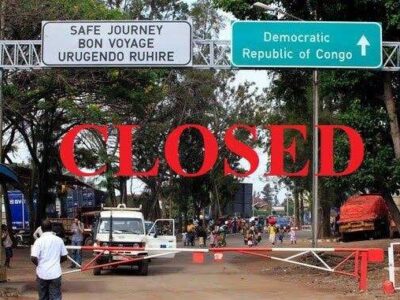We have seen time and again, the removal of street vendors followed by a slow return or sudden return after poor policy enforcement or policy withdraw, respectively.
What exactly is making these vendors love the streets in Lusaka’s CBD? Why is this removal always futile? What makes them come back? These are critical questions.
As usual, I will attempt to answer them from an economic or market perspective:
Street vendors are driven by the profit motive. I have been listening to public officials issuing statements on the subject.
The majority have been encouraging street vendors to go back to the empty trading places in the designated markets. Well, these sentiments indicate that the public officials have very limited understanding of the problem.
Let me simplify this. Can you ask a business to close down in a country where they are making more profit (supernormal) and go where they will be making less profit (normal) or even losses? This is illogical.
So why are we making an illogical appeal to the street vendors? These vendors operate in the same way as firms or companies. Due to convenience and proximity to customers, a trader is bound to make more profit on the streets as compared to operating from a designated market, where less people are passing. It is simple logic therefore that asking a street vendor to go back to a deserted market is futile.
The profit margin increases after cleaning the street.
In an imperfect market, firms make abnormal (higher) profits due to barriers to entry.
The few initial firms on the market will continue to enjoy until these higher profits start to attract more and more new firms to enter the market. If the barrier is weak, the case will approach “perfect competition”, where firms will end up making normal profits.
Let’s apply this to street vending. If we had very few street vendor in Lusaka’s CBD, these would make crazy high profits. This is because all the consumers seeking to purchase on the street would demand their products.
These few traders would thus have “market power” to increase the price in order to make higher profits.
These profits will eventually attract more street vendors, as they will all be testifying to their friends in the markets that there is “serious money” on the street. Consequently, more and more traders will shift to the streets.
There is however a barrier of “convenience.” Not everyone will want to go and hustle for the profits in the cold or sun or indeed trade from areas with no toilets. This means that not everyone will go to the streets.
Unfortunately, this also means that barrier will create a sub-market with higher profits on the streets and lower (normal) profits in the markets. This market segmentation is what makes some trader remain in the markets while others continue on the street!
Having noted the above. I can assure you the without an economic-based policy aimed at altering this market structure, the street vendors will certainly go back to the CBD. It is just a matter of time.
Look out for my next article which will consider a range of incentive-based market strategies that can permanently end street vending.
WARNING! All rights reserved. This material, and other digital content on this website, may not be reproduced, published, broadcast, rewritten or redistributed in whole or in part without prior express permission from ZAMBIA MONITOR.











Comments